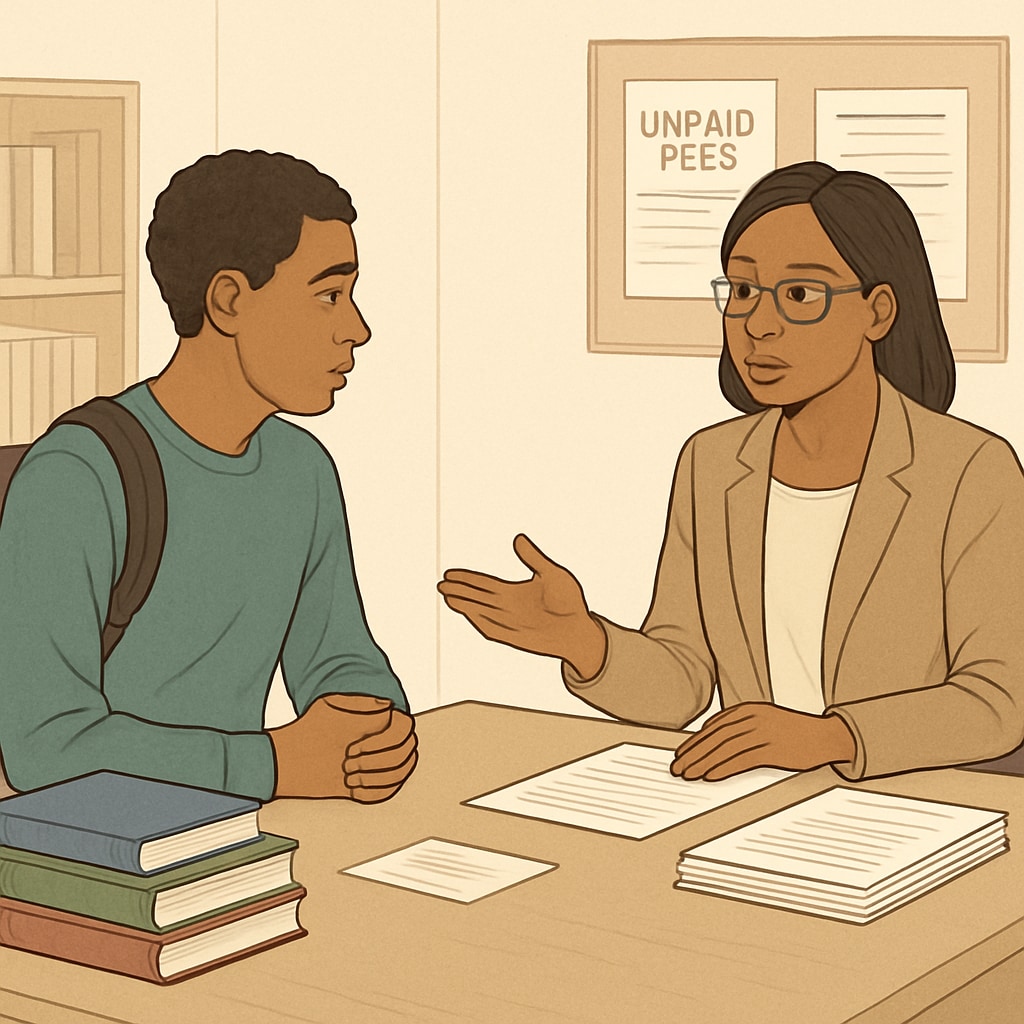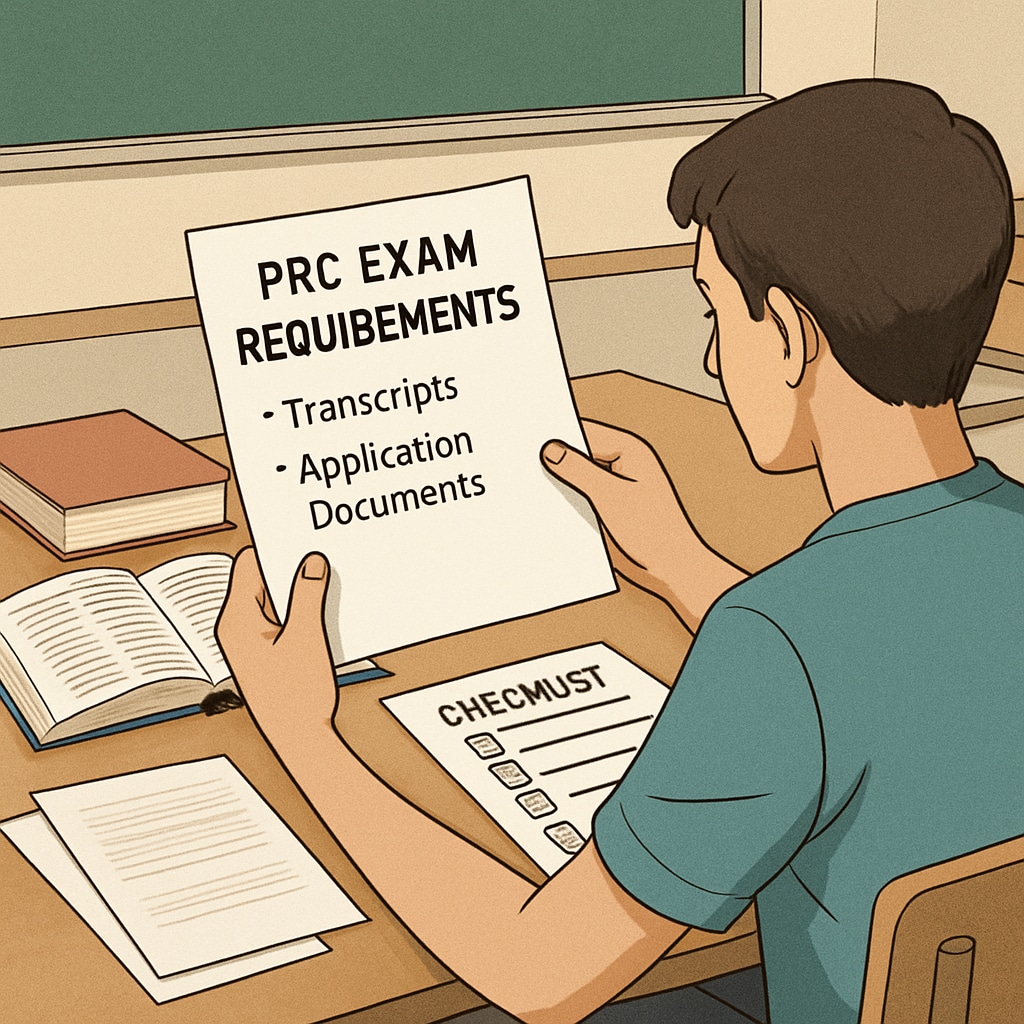For many students, obtaining transcripts is a critical step in their academic or professional journey. However, the process becomes complicated when there are unpaid fees or balances associated with their account. This issue can significantly impact their ability to apply for crucial opportunities, such as the PRC (Professional Regulation Commission) exam. Understanding the policies surrounding unpaid balances and transcripts, along with exploring viable solutions, is essential for navigating this challenge effectively.
Why Do Institutions Restrict Access to Transcripts?
Most educational institutions enforce policies that restrict access to transcripts when students have outstanding balances. This approach stems from the principle that transcripts are considered an institutional service, not a right, and payment ensures the sustainability of the institution’s operations. However, these restrictions can inadvertently create barriers for students who face financial difficulties.
While institutions aim to safeguard their financial stability, these policies may have unintended consequences. For example, students who need their transcripts to apply for exams, scholarships, or jobs may find themselves in a cycle of disadvantage. As a result, the withholding of transcripts can delay or even derail their academic and professional progress.

Impact on Students Applying for PRC Exams
The inability to access transcripts can be particularly detrimental for students preparing to take the PRC exams. These exams often require official academic records as part of the application process, and delays in obtaining transcripts may lead to missed deadlines or lost opportunities. For students in fields like medicine, engineering, or teaching, where PRC certification is mandatory, these obstacles can have long-term consequences.
In addition, financial stress caused by unpaid fees can exacerbate the issue. Many students from low-income backgrounds struggle to balance tuition payments with other financial responsibilities, leading to accumulated debt and restricted access to vital documents.

Practical Solutions for Students Facing Financial Challenges
Fortunately, there are several strategies that students can employ to address these challenges:
- Communicate with the Institution: Many schools are willing to work with students to create payment plans or negotiate partial payments. It’s crucial to approach the financial office and explain your situation transparently.
- Request Emergency Assistance: Some institutions offer emergency financial aid or hardship grants that can help cover outstanding balances. Researching and applying for these resources can be a game-changer.
- Explore Third-Party Funding: External organizations, such as non-profits or local government programs, may offer financial support specifically for education-related expenses.
- Seek Legal Advice: If you believe withholding transcripts violates your rights, consult legal professionals who specialize in education law. In some jurisdictions, laws protect students from transcript restrictions tied to unpaid fees.
- Utilize Alternative Documentation: In cases where transcripts are inaccessible, some institutions or exam boards may accept alternative records, such as certifications or grade reports, as temporary substitutes.
By understanding these options, students can take proactive steps to resolve their financial issues while ensuring their academic progress remains uninterrupted.
Long-Term Policy Considerations
While individual solutions can help, systemic change is needed to address the broader implications of transcript withholding policies. Advocates for education equity argue that institutions should balance their financial needs with students’ right to access their academic records. Potential reforms include:
- Implementing sliding-scale payment models for low-income students.
- Introducing policies that allow conditional transcript release for essential applications like PRC exams.
- Creating more transparent communication about financial obligations and available resources.
Reevaluating these policies could help institutions support their students more effectively while maintaining their fiscal integrity.
Conclusion: Accessing transcripts in the face of unpaid fees is a complex issue that requires thoughtful navigation. By leveraging available resources, exploring alternative solutions, and advocating for systemic change, students can overcome these challenges and continue their academic and professional journey. Institutions, too, play a key role in fostering an environment that prioritizes both financial stability and student success.
Readability guidance: This article uses concise paragraphs, lists, and accessible language to ensure clarity. It incorporates transition words and avoids long sentences to maintain reader engagement.


